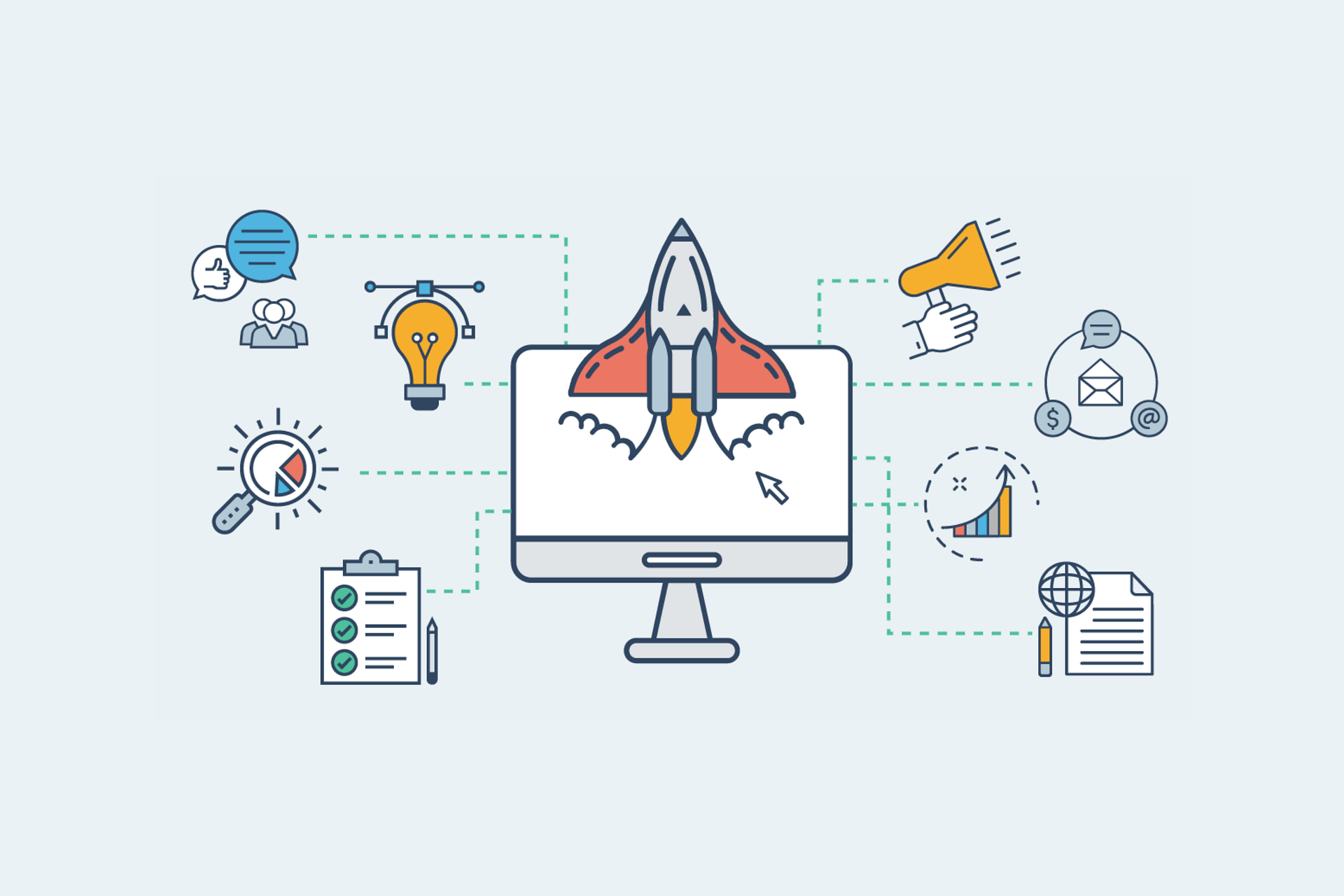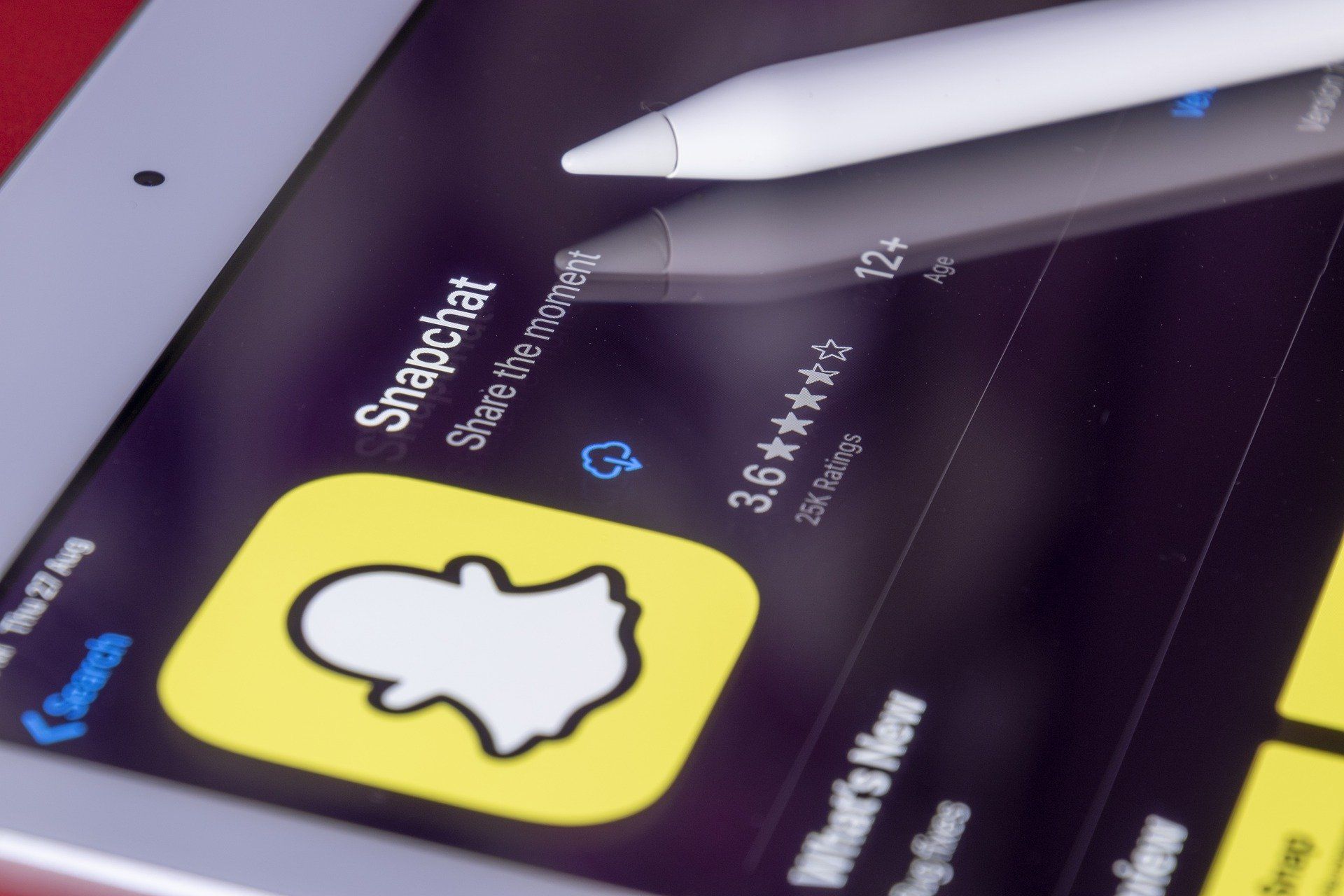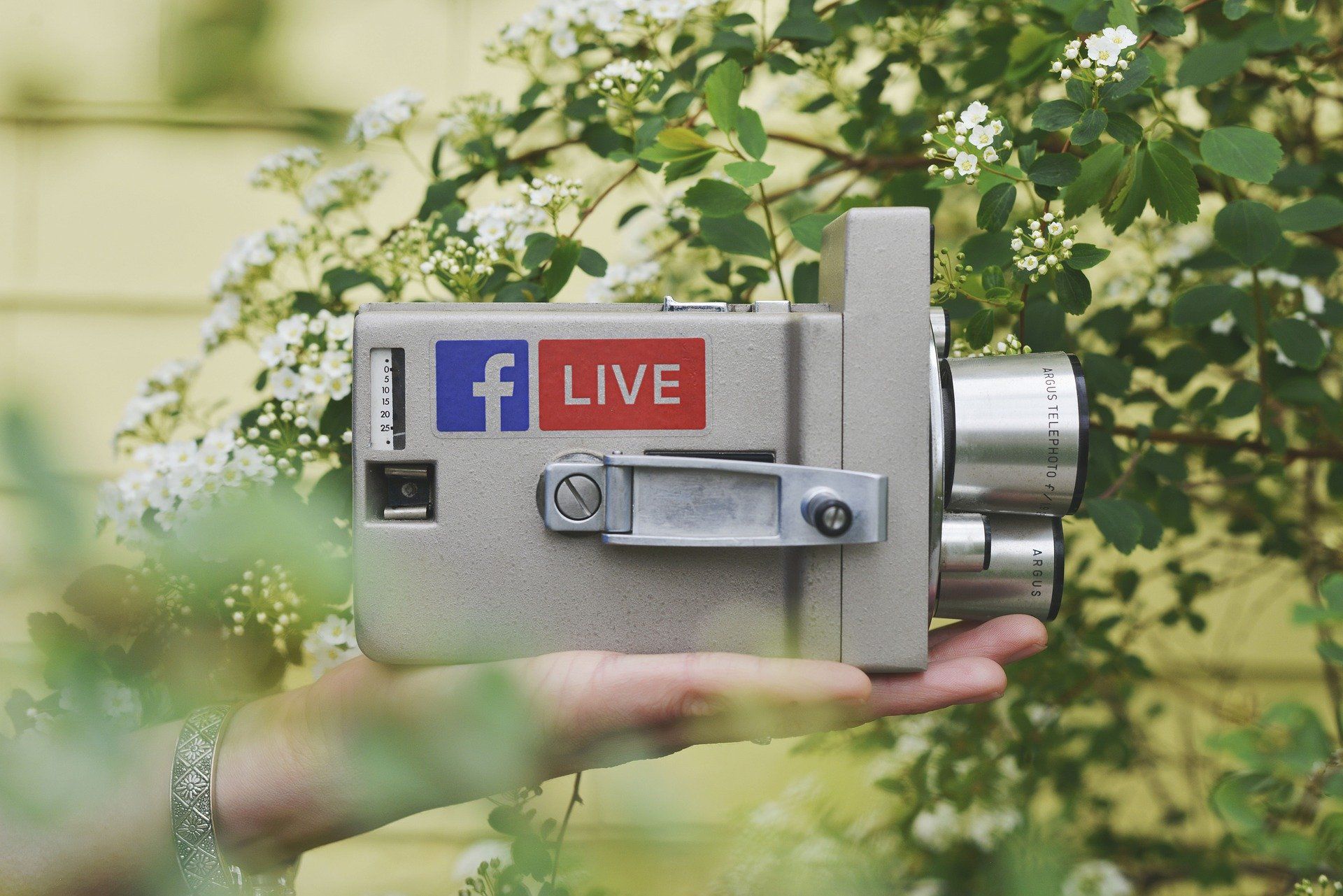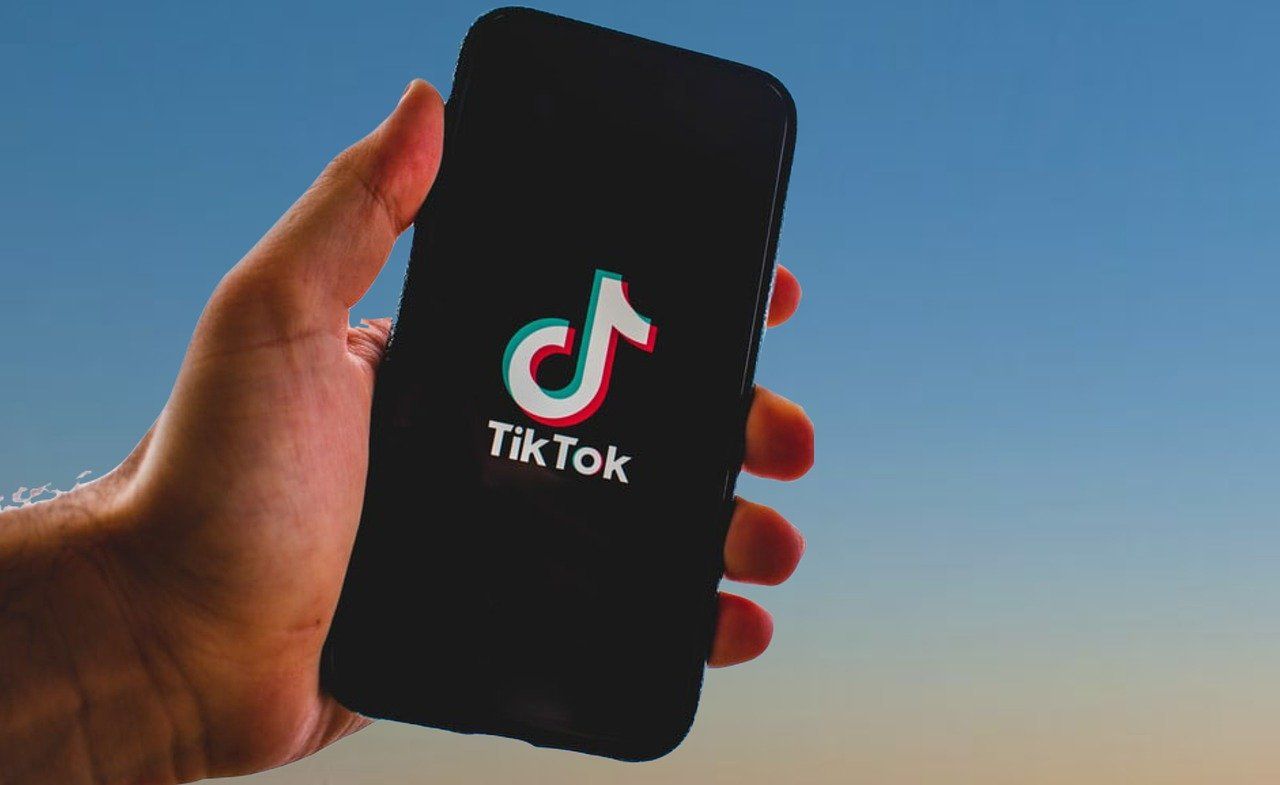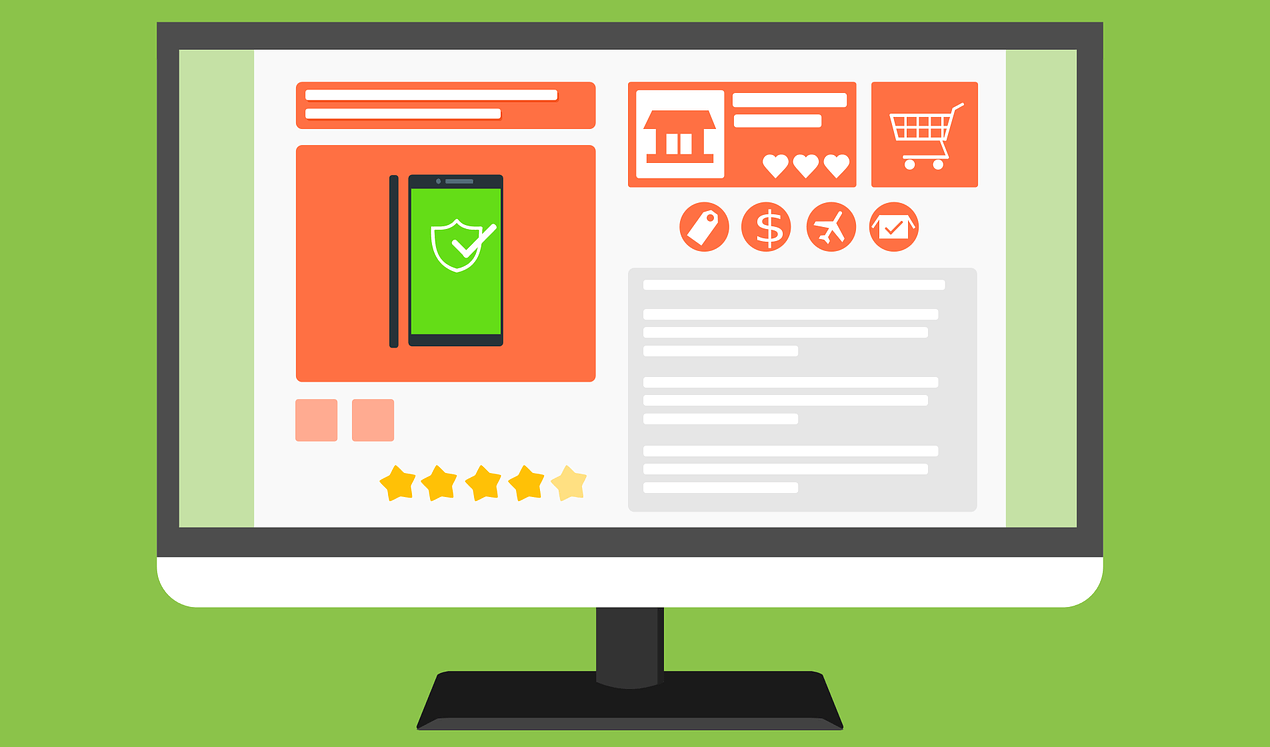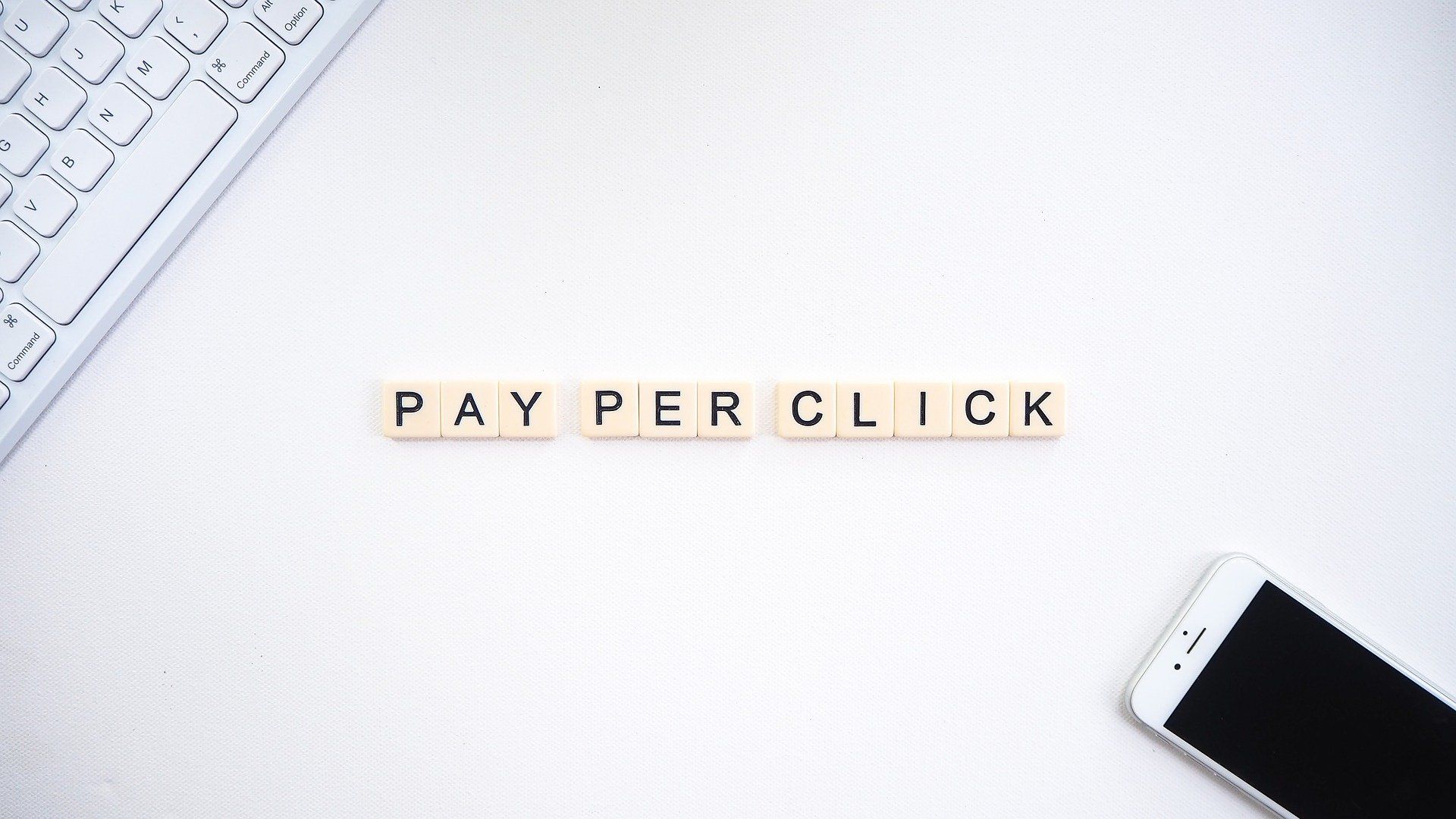Battle of the tech giants: how Apple is disrupting Facebook ads

Advertising on Facebook has grown in prominence in the digital and mobile advertising space for both local business and large corporations. With its growing usage, Facebook has become a regular in the news, facing much scrutiny for its utilization of data collected on users to optimize mobile advertising delivery. New announcements from Apple with the unveiling of iOS 14 has created noise around the Facebook Advertising platform which will not only affect advertising on Facebook, but also the Facebook owned social media platform Instagram.
Originally announced to take place in September as soon as the iOS 14 update became available, but now delayed until 2021, Apple has created a privacy feature which will require apps to ask users for permission to track or access their device. In 2021 iPhone owners with the update will be given a notification stating, “’x-company’ would like permission to track you across websites and apps owned by other companies to deliver personalized ads to you”. This affects all companies that use and collect data to deliver advertising, but this is especially detrimental to Facebook’s advertising platform, with the company claiming that the update “may render Audience Network so ineffective on iOS 14 that it may not make sense to offer it on iOS 14.”
With users not opting in to sharing data, the effectiveness of targeting users on Facebook will be severely crippled and will likely cause a shift in mobile ad spending in 2021. Facebook said that in testing it saw greater than a 50% drop in revenue as a result in the data loss from Apple. It is important to note that this change will only affect iPhone users with the update, leaving iPhones that aren’t updated and Android devices still open to normal tracking for the time being. However, with a trend towards greater protection of online consumer privacy it is becoming a priority for businesses to begin building their own internal databases of customer information to continue successfully marketing online.
Phase 3 Digital is working proactively to help mitigate the effects of what is being termed “death of the cookie” by helping brands to build first-party data at a rapid pace. Methodology for accomplishing such means is done through mutual exchanges in which consumers voluntarily share their data with brands, which can in exchange be utilized to continue providing customized messaging, such as building email lists for brands and hosting sweepstakes. Looking forward, with the coming changes brands will be able to further trust brand equity and overall relationships with their customers as the ever-changing online landscape further revolutionizes.
We will continue to monitor the developing situation and keep our clients apprised of any changes, while closely monitoring all campaigns!
